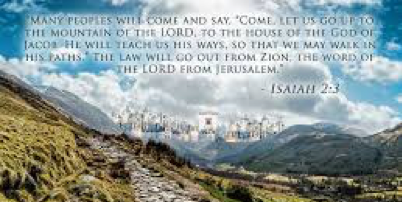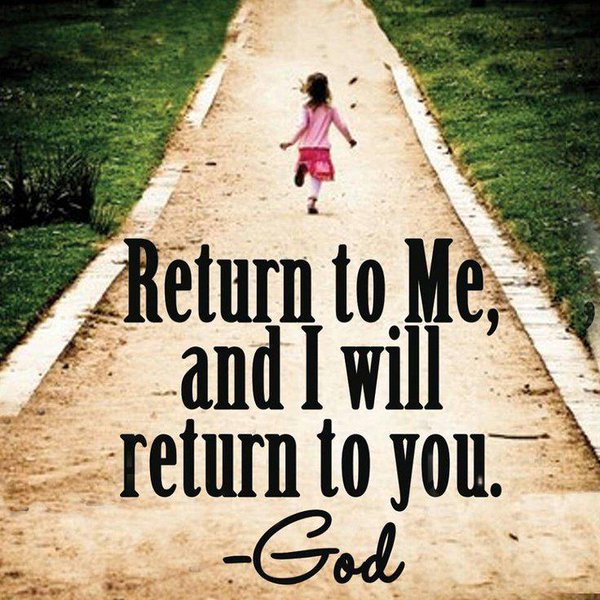
Old Testament: Joshua 15 & 16
Poetry: Psalm 51
New Testament: 1 Corinthians 7
In today’s readings, again we find ourselves in Psalm 51, and while I’m not going to write about it all 6 days we will be reading it, based on some commentaries I’ve read, there are definitely those who could!
It’s hard for me to read Psalm 51:10-11 and not find myself humming the chorus you may also know, “Create in me a clean hea-a-art, o-o-o, God, and renew a right spirit within me. . .” What I thought was interesting though was that reading along in my ESV, the words matched up exactly to the song I knew so I was absolutely stuck with the music running through my head. The next time I read it I must have used NASB when I stumbled into “renew a steadfast spirit within me” which is when I realized Keith Green apparently didn’t use that version, it added a syllable, and threw me off! Different versions use different words, fine and dandy. But, I realized I just didn’t equate “steadfast” with “right” in my use of the words. It makes sense reading either one in the Psalm, but it led me to do a bit more of a word study I found interesting.
The word “steadfast” (or “right”) in verse 10 is used approximately 217 times in the Bible, but the only place it is translated steadfast is 6 times in the book of Psalms. Other translations of this word throughout scripture include: made ready, established, set, formed, reliable, trustworthy. This helped me get a better grasp on the desirable type of spirit David was asking God to renew in him.
I also really liked how David wished to use his experiences of sin/guilt/repentance to help others and bring God glory as we see in verses 13-14. I am grateful David’s testimony lasted the centuries, and grateful for the testimonies I have heard in people throughout my life as well. We know as a society even from a more medical/psychological perspective that guilt and shame are two incredibly destructive emotions for mental and physical health for those of any age. Top of the list kind of emotions selected for those struggling with severe depression, suicidal thoughts, and other health problems. When we are stuck in a pattern of guilt and shame or know others stuck in that pattern, we need a sovereign God with a perfect plan of forgiveness and reconciliation to help just like David did. As we experience life including its mistakes and wrongs, like David, we want to share the mercy and hope we have been given with others in our lives.
As Psalm 51 ends, we see reference to Zion and the walls of Jerusalem prospering. It seems historically there have been some varying interpretations from theologians/commentators on these last two verses. Some hold the belief that just these two verses were added later during the time in exile after Jerusalem had been destroyed, and others suggest they were more prophetic words of David. Regardless of who wrote them and when they were written, I like that the Psalm ends with a tie to Jerusalem. A city that will continue to be in our news it seems throughout our lifetimes, and a hope of a New Jerusalem one day where there will not be sin, tears, pain, sorrow. Until then, may we seek to be restored and upheld like Psalm 51 so beautifully describes.
Create in me a clean heart, O God,
and renew a right spirit within me.
Cast me not away from your presence,
and take not your Holy Spirit from me.
Restore to me the joy of your salvation,
and uphold me with a willing spirit.
The Holy Bible: English Standard Version (Wheaton, IL: Crossway Bibles, 2016), Ps 51:10
-Jennifer Hall
Reflection Questions
- What can you learn from David’s Psalm 51 about sin, confession and repentance?
- What effects have you seen, including in your own life, of guilt and shame?
- How has David’s example helped you? How can you be an example to others in the way you respond to sin in your own life?











